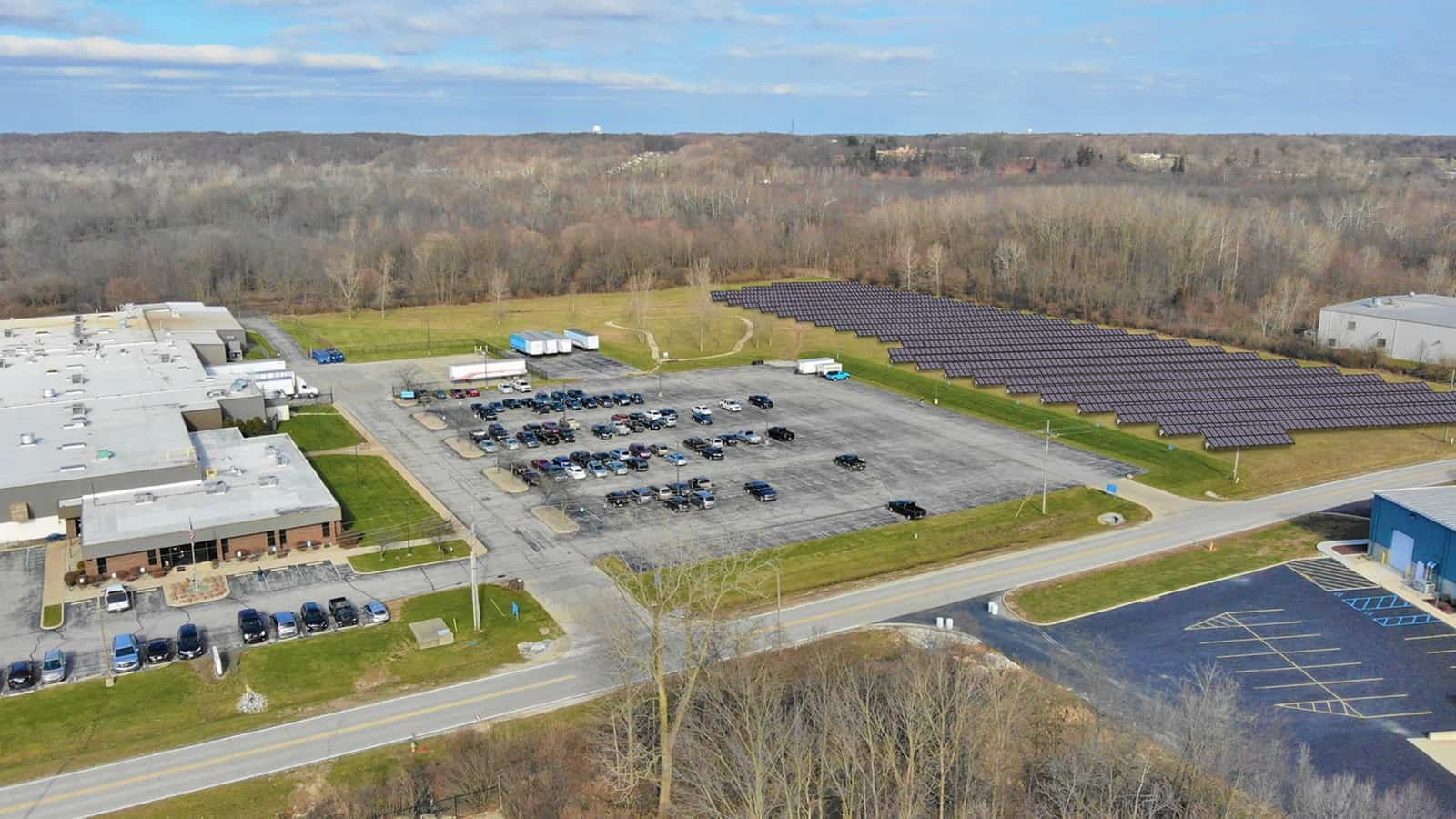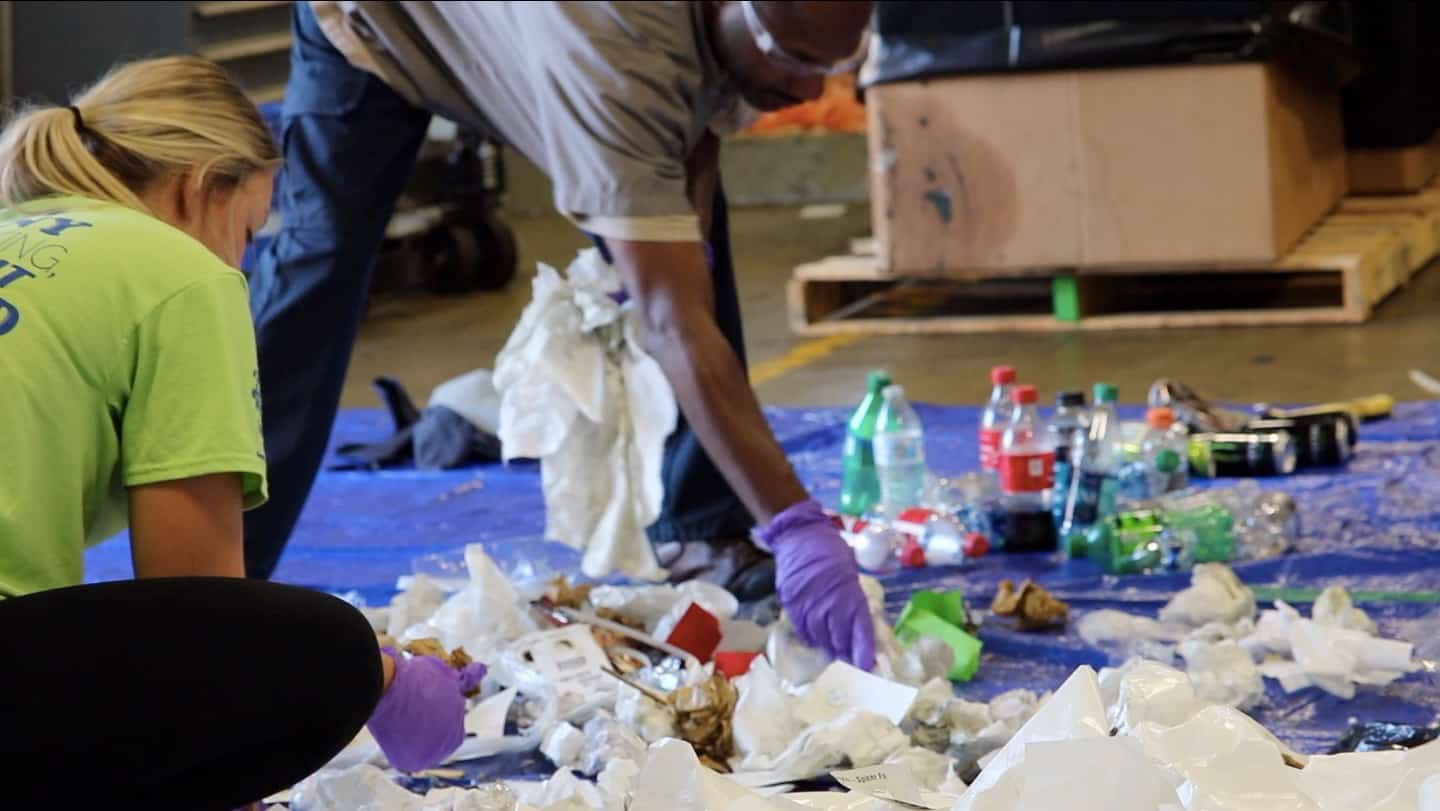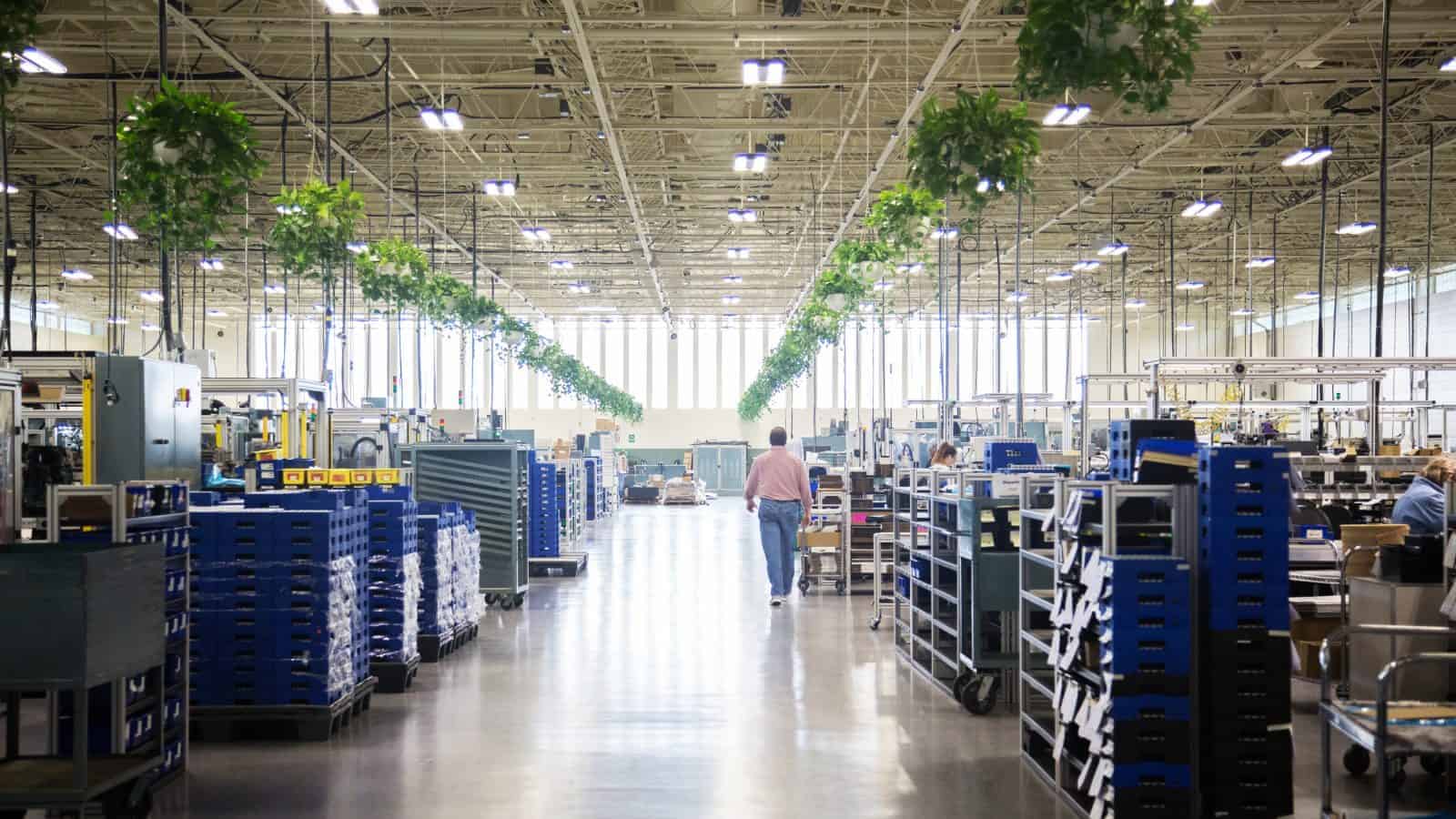How a Manufacturer Left Landfills Behind

Bendix Commercial Vehicle Systems sends almost none of its waste to landfills. A manufacturer of safety, air management and braking system technologies, the company cut its energy use by 14 million kilowatt-hours over the past six years. And it’s now building a 1.168-megawatt solar array near its Indiana facility.
That’s only the start for the Ohio-based manufacturer. In the past few years, Bendix has become a leader in sustainable manufacturing, adding sustainable design to its buildings and emphasizing sustainability in everything from employee training to production. The company has also been recognized for its achievements: In April 2020, Bendix received an award for “environmental excellence” from the Ohio Environmental Protection Agency, and recently the company won an award from the U.S. Department of Energy for its outstanding energy management.
“Even during a year when many activities had to be modified, curtailed or held remotely, our team members stayed true to our sustainability mission and to our overall energy strategy,” said Bendix Director of Corporate Responsibility and Sustainability Maria Gutierrez.
So how did they do it?
What it takes: “Our approach is built on a hierarchy that calls for each location to first eliminate, then reduce, reuse, recycle and reclaim—and as a final option when these strategies are not available, to utilize waste-to-energy technologies or incineration,” said Bendix Corporate Manager of Environmental and Sustainability Bill Schubert.
- The entire company sent fewer than 16 tons of material to landfills in 2020, a 97% decrease from the 508 tons in 2019.
- Bendix has done everything from eliminating plastic water bottles and Styrofoam to conducting “spent material audits”—more commonly known as dumpster dives—to ensure recyclables don’t go to waste.
- Its 4,100 employees are also chipping in: worker-led teams coordinate “green” projects, which continued even during the pandemic.
What’s next: At its Huntington, Indiana, manufacturing campus, Bendix is constructing a solar array that is expected to be operational in September 2021. It will produce more than 30% of the site’s electricity requirements and is slated to save $140,000 in utilities annually.
- Bendix also aims to cut carbon emissions in half by 2030 across its entire North American operations. The larger goal: to be entirely carbon neutral by 2050.
The last word: “Taking a creative approach to addressing challenging waste and improving energy efficiency remained a key theme for Bendix during all of 2020, and our efforts certainly paid off,” said Gutierrez. “Now, we’re focused on the next steps of our long-term energy plans, which are just as exciting.”
